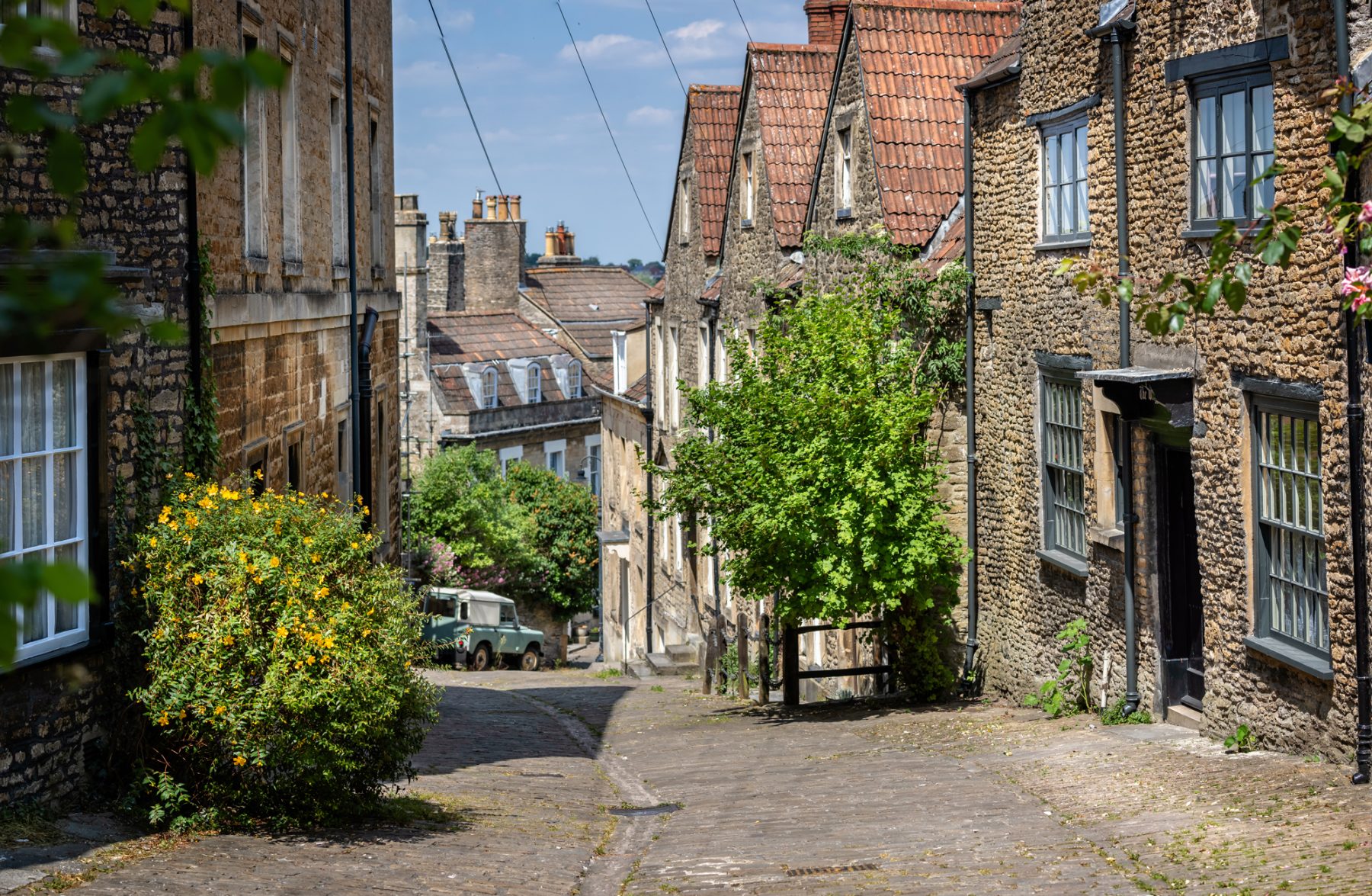
Conservation areas impose stricter regulations on planning consents as well as restrictions in other areas which you must abide by if you choose to buy a property in an affected area.
What is a Conservation Area?
A conservation area is defined as being “an area of special architectural or historic interest, the character of which it is desirable to protect or enhance”. Generally, it is the overall character of an area which warrants its conservation status rather than individual buildings.
Everything in the designated area is classed as part of it, including buildings, land and even trees and fences.
Restrictions on planning consents are stricter, meaning that new buildings come under closer scrutiny and certain guidelines have to be adhered to. The aim of this is to ensure that new developments will be sympathetic to the existing character and will enhance the overall appearance of the area. There are also restrictions in place to limit the amount and nature of advertising in these areas.
How will the regulations affect me?
You will have to consult the local authority if you wish to make any significant changes to your land or property. Even if your property is of no architectural or historical interest in itself, by virtue of being in the conservation area it will fall under the restrictions.
The regulations vary between local authorities but some of the areas which may need consultation include:
Penalties are in place for not complying with the regulations which can range from a fine to the local authority insisting that buildings or areas are restored to their original state.
What are the rules for trees?
If you want to cut down, lop, top or uproot a tree within a conservation area, even if it is in your own garden, you have to write to the local authority and give them a minimum of six weeks’ advance notice. They have the option of making a tree preservation order within this time period which would prohibit any of the above actions. It is an offence to damage or destroy a tree within the six week notice period, or if a preservation order is granted, and failure to comply can incur a substantial fine as decided by the Court.
Please note that the information provided is for guidance purposes only and should not be construed as legal advice.